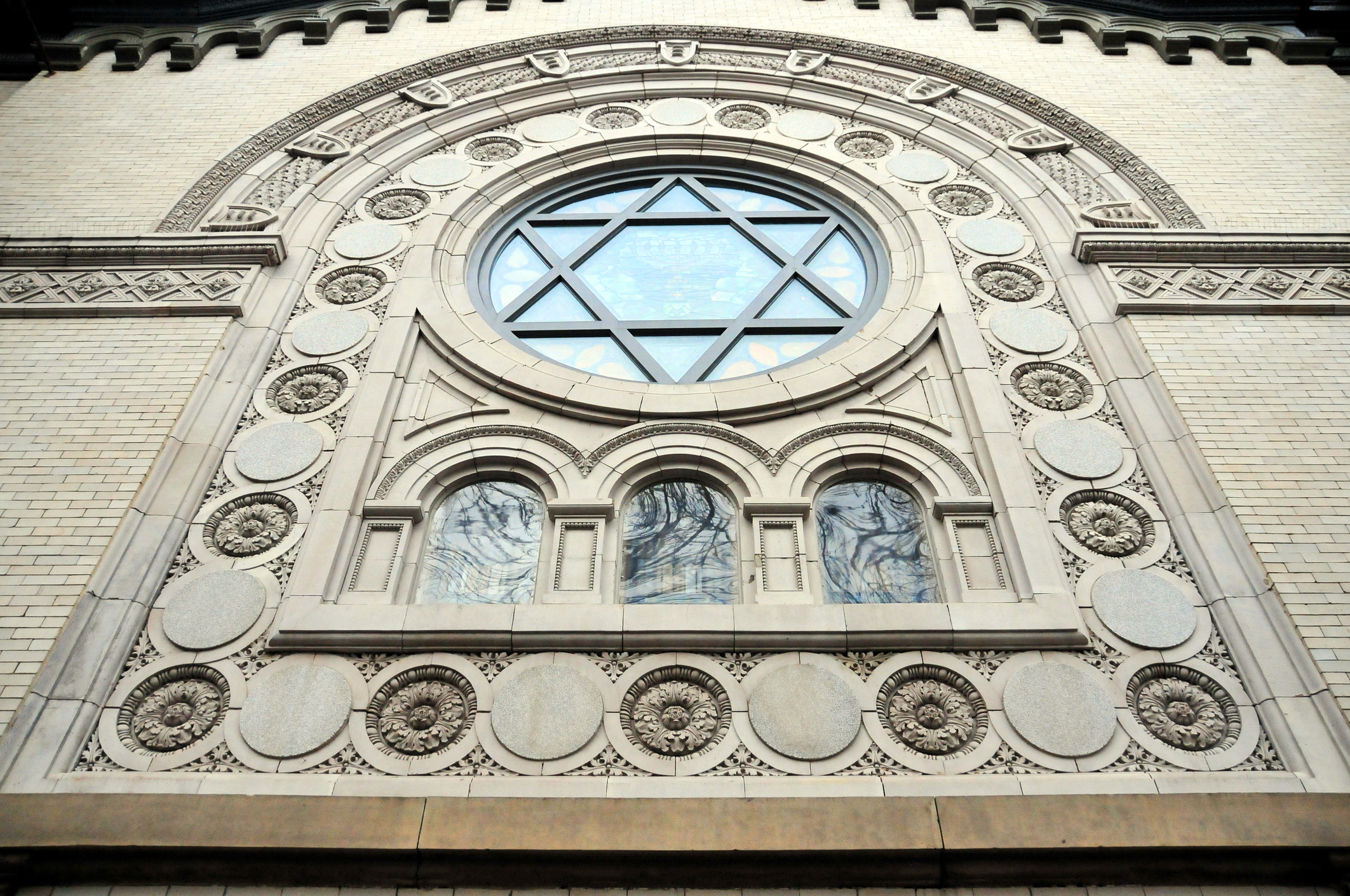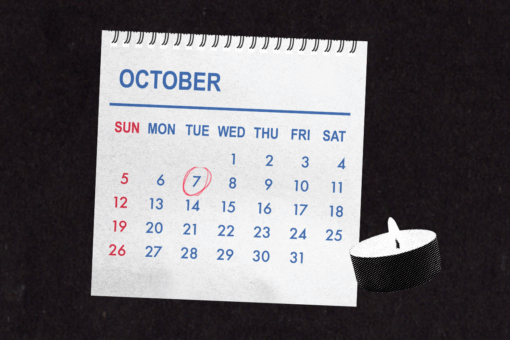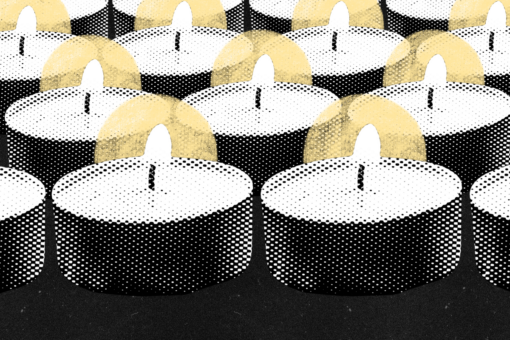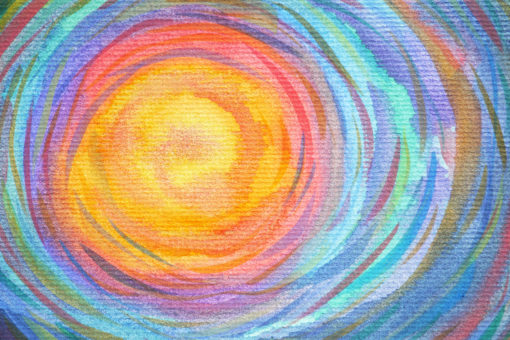When I left Howard University and moved to Colorado, I felt like I was drowning beneath a tide of adult responsibilities. In a span of two weeks, I got an apartment, a job with benefits, and a crockpot. Gaining all these markers of adulthood within such a short amount of time was a bit overwhelming, to put it lightly. But now, after painting a few bookshelves and hosting my own Rosh Hashanah dinner, I’m proud to say that adulting has gotten easier and easier.
Still, there’s one milestone that I have yet to reach — becoming a member of a synagogue.
In a time of increasing secularization and the emergence of new ways to express Jewish identity, synagogue membership can seem obsolete, a vestige of the past. With the recent anti-Semitic terrorist attack on Tree of Life synagogue in Pittsburgh, where a gunman murdered 11 people, regularly attending a synagogue can even feel frightening. But for many young women, formally joining a synagogue remains the epitome of Jewish life and a necessity of adulthood. And in the face of hate and terror, it can seem like a defiant step, an insistence on existence when the most insidious people are determined to snuff out Jews.
Yet, regardless of one’s position on synagogue membership, there are many barriers that prevent us from making that leap. Still, when those barriers are addressed, many young women are choosing to dive in.
Steph Black, an Alma contributor and a senior at American University, recently decided to become a member of Adas Israel Congregation in D.C. For Steph, who grew up secular, having a formal Jewish community was important to her, because it seemed to be the pinnacle of Jewish adulthood. However, she admitted that she would have never made the decision to join had she not been made aware of the financial flexibility that Adas offers its members. Because Steph is in college, Adas Israel only charges $18 for her annual membership fee. As people get older, reaching different life and career milestones, their fees gradually increase.
In comparison to the $18 a year that Steph pays, other synagogues have membership fees that can reach thousands of dollars a year. In an age of rising inequality and financial uncertainty, it’s no wonder why many millennials find it difficult to make this step. Because of this reality, synagogues like Adas and other synagogues that have adopted a “pay what you want” model are crucial in maintaining membership.
For queer Jews, finding an inclusive home within their synagogue is vital. Ariel Sobel, a bisexual Jewish woman, regrets that she is unable to find that home due to financial reasons. It feels almost impossible for Ariel, who told me that “more inclusive synagogues in the reform movement are too expensive for me to join, and places that are free like Chabad don’t allow me to be my full self in shul.”
Ariel, who writes about LGBTQ issues for The Advocate, feels that classism is already a pervasive problem within synagogues, and that it only becomes exacerbated when the intersection of queerness is taken into account. Despite stereotypes about wealthy queer people, LGBTQ adults are much more likely to be in poverty. Ariel feels that this alienates many queer people from going to temple, highlighting the dire need for flexible membership dues.
Steph, who sees membership dues as an investment in the larger community, stresses that flexible dues are only useful if synagogues are offering services that people want. As an activist who draws upon her Judaism for motivation, Steph loves Adas for its diversity and its commitment to social justice, calling it a “badass congregation.”
Speaking of diversity, the question of whether to join a synagogue is a bit more complicated for millennial women of color. For Hannah*, a black Orthodox mother, the financial aspect of synagogue membership is not an issue. Rather, it was vitally important for her to find a synagogue where her children felt included in the community, because, as she told me, “Shul and school are my kid’s whole universe.” When deciding whether a synagogue was right for her family, Hannah says that she and her husband asked themselves, “Which shul did our children immediately get wrapped up in the [other children’s groups]? Which shuls did they end up playing by themselves?”
Before deciding on a synagogue, Hannah visited multiple congregations. At some of them, where no one talked to her, it became immediately clear that racism would make her feel like an “invisible entity.”
For Hannah, diversity and inclusion don’t need to translate into programming that is intentionally geared towards people of color. In her opinion, those kinds of efforts often fail anyways, because of staff who don’t know how to resist tokenization. Hannah feels most at home when she knows that the rabbi and the members of the synagogue “have her back” when racist incidents inevitably occur.
Considering the racial climate of a synagogue is a huge factor in my decision to not attend services here in Denver, especially because I plan on completing a formal conversion — a time-intensive and intimate endeavor — and dread feeling ostracized. However, there are many moments that I want to join, because I miss the feeling I had in college, the feeling of community that is so important to Jewish life.
Like Hannah, Carley Balazs, a queer Jewish woman from Brooklyn, was able to find a home where she felt included. Carley attends Congregation Beit Simchat Torah (CBST) located in Midtown, Manhattan, where they have a sliding-scale payment system and “prayers for commemorating those we lost to AIDS/HIV, [prayers] to sanctify gender transition, and [prayers for] coming out.” Having queer members and leaders is “a core part of the identity of the synagogue,” one that Carley says played a huge role in her decision to convert.
Drifting away from the Modern Orthodox tradition that she was raised in, Carley says that her wife only wanted to attend CBST for the “novelty” of it. But Carley, who grew up evangelical, always felt drawn to Judaism. However, she felt that no matter how Jewish her soul felt, her queerness meant that religion wasn’t an option. Until, of course, she and her wife attended CBST for the first time. They haven’t stopped going since, and they even got married there in 2017.
When I asked Carley what she felt was needed to increase millennial synagogue membership, she said that the most important thing was to be more welcoming and to show up for marginalized groups. Like Steph, Carley is drawn to Jewish spaces with a large focus on social justice, telling me that “not everyone wants a shidduch [arranged date]. I mean right now, a lot of folks want to march in the streets and shuls can be the banner they march under.”
In the aftermath of the shooting at the Tree of Life synagogue, many synagogues are opening their doors to members of the community – Jewish and non-Jewish – to provide spaces where people can mourn and organize around common interests. In the face of such incredible sadness, synagogues are continuing to be a staple of Jewish community.
Young Jews are also finding ways to access that sense of community, even outside of synagogue membership. Through online spaces, nature hikes, and Shabbat dinners, young Jewish people are carving out spaces that fit their needs. Many of my friends are also hosting intimate get-togethers, where people can process their emotions and fears about anti-Semitism and the other oppressions that seem so widespread now. Jewish community doesn’t need to happen in a synagogue, but those spaces are still indispensable.



